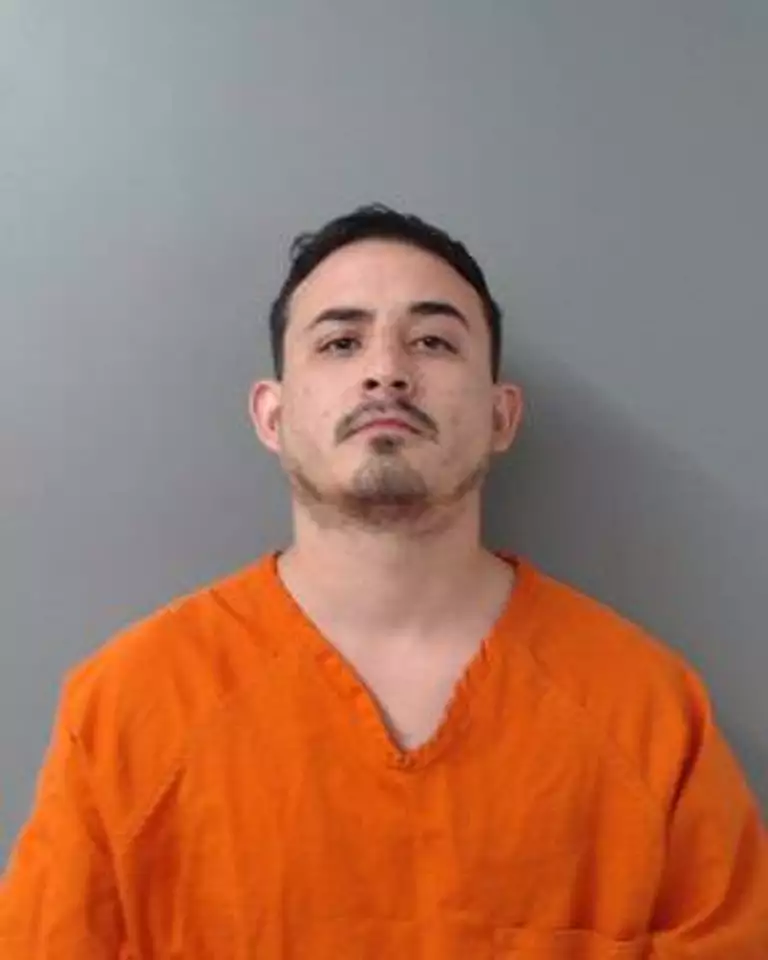- April 6, 2024
Laredo Resident Charged With Possession Of Machine Gun
 Francisco Isaias Rodriguez
Francisco Isaias Rodriguez
LAREDO, Texas – A 27-year-old man has been indicted for possession of a machine gun, announced U.S. Attorney Alamdar S. Hamdani.
A federal grand jury has now returned a one-count indictment against Francisco Isaias Rodriguez. He is expected to appear for his arraignment before a U.S. magistrate judge in the near future.
The criminal complaint alleges on March 12, a member of law enforcement attempted to stop a truck for a traffic infraction. Rodriguez allegedly exited the truck seconds before the stop and fled from the scene on foot.
It is alleged during the subsequent chase, Rodriguez resisted arrest, ignored commands from authorities and allegedly threw a small bag he carried around his shoulder over a fence and into a backyard.
Law enforcement later recovered the bag from the backyard which allegedly contained a Glock 9-millimeter pistol equipped with a machine gun conversion device, commonly known as a “switch.”
According to the complaint, this device altered the function of the firearm to shoot more than one round with a single pull of the trigger, making the firearm a fully-automatic weapon. The bag also allegedly contained an extended magazine with 40 rounds of 9-millimeter ammunition.
If convicted, Rodriguez faces up to 10 years in federal prison and a possible $250,000 maximum fine.
The Bureau of Alcohol, Tobacco, Firearms and Explosives and Laredo Police Department conducted the investigation. Assistant U.S. Attorney Brian Bajew is prosecuting the case.
This case is being prosecuted as part of an Organized Crime Drug Enforcement Task Force (OCDETF) investigation. OCDETF is the largest anti-crime task force in the country. OCDETF identifies, disrupts and dismantles the highest-level criminal organizations that threaten the United States using a prosecutor-led, intelligence-driven, multi-agency approach. Additional information about the OCDETF Program can be found on the Department of Justice’s OCDETF webpage.
An indictment is a formal accusation of criminal conduct, not evidence. A defendant is presumed innocent unless convicted through due process of law.

